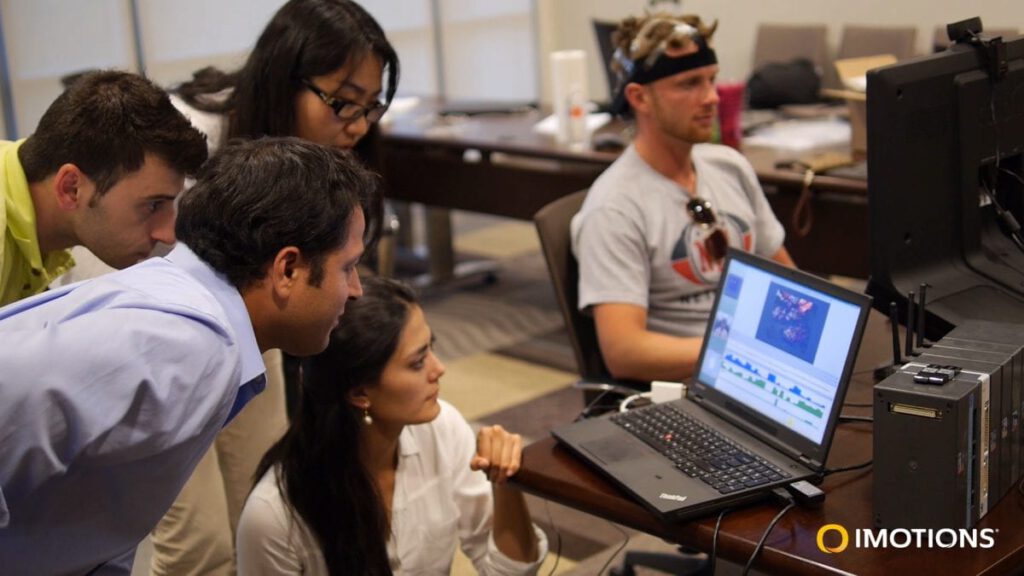
Embracing the Future of Medical Training: The Rise of Avatar-Assisted Surgery
As the world of medicine continues to evolve, a groundbreaking collaboration between MIT.nano and an AR/VR startup is revolutionizing the way surgeons are trained. The MIT.nano Immersion Lab, in partnership with the startup EDUCSIM, has introduced a cutting-edge approach to medical instruction using avatars.
The traditional model of surgical training has long been plagued by limitations, hindering the practical experience crucial for mastering complex procedures. However, the advent of avatar-assisted surgery is poised to disrupt this paradigm, offering a transcontinental solution to bridge the gap in medical education.
Bridging Distances, Transforming Education
Imagine a scenario where a renowned neurosurgeon from Boston Children’s Hospital, Dr. Benjamin Warf, guides medical residents in Brazil through intricate surgical techniques on a model of a baby’s brain. This seemingly futuristic concept is now a reality, thanks to the innovative avatar technology developed by EDUCSIM and MIT.nano.
Through the use of virtual reality environments, medical residents can observe, interact, and learn from Dr. Warf’s avatar in real-time, transcending geographical boundaries and enabling hands-on training like never before. The immersive nature of this training method not only enhances the learning experience but also instills confidence in aspiring surgeons, empowering them to apply these techniques in real-world scenarios.
The Power of Collaboration and Innovation
At the heart of this groundbreaking initiative lies a testament to the power of collaboration and innovation in the medical field. By harnessing advanced AR/VR technologies, the avatar project has unlocked new possibilities for remote medical training, particularly in underserved regions like the Amazon.
Giselle Coelho, the scientific director of EDUCSIM and a pediatric neurosurgeon, spearheaded the development of Dr. Warf’s avatar as a visionary solution to address the challenges of surgical education. Her relentless pursuit of excellence and commitment to leveraging technology for social good have paved the way for a transformative approach to medical instruction.
Shaping the Future of Healthcare
As we witness the profound impact of avatar-assisted surgery on medical training, it becomes evident that this innovative method has the potential to reshape the future of healthcare. By democratizing access to specialized knowledge and expertise, avatars offer a scalable and cost-effective solution to enhance surgical proficiency and patient outcomes.
In a world where technological advancements continue to redefine the boundaries of possibility, avatar-assisted surgery stands at the forefront of a new era in medical education. As we embrace this transformative shift, we embark on a journey towards a more inclusive, efficient, and impactful healthcare ecosystem.












